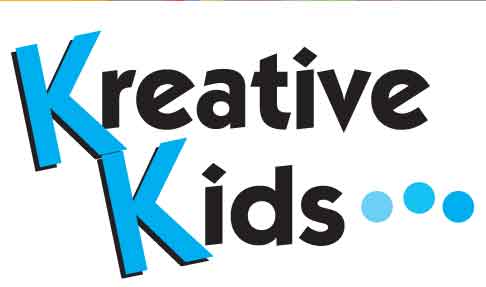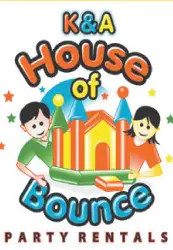Get the Best Family Activities

Be a good role model. For better or worse, kids learn from their parents. Battaglia recommends that parents model certain types of imaginary play and try to get their child to follow suit. Build a fort together out of blankets, for instance; when a "guest" knocks at the fort door, demonstrate the type of voice and language you would use in greeting.
Recognize that adults use imaginary play, too. For kids, pretend play develops into more advanced forms of role playing such as playing "house" or "school" with other children. Adults use imaginary play as well when they daydream about certain scenarios (such as their performance at the next board meeting) or rehearse a situation involving other people (like breaking bad news). By keeping in mind that imaginary play is all around, you might be inspired with new ways to help your child.
Know when to seek help. If you feel overwhelmed while trying to effectively engage your child in imaginary play, reach out for help. For children under age 3, parents can seek the advice of a pediatrician or have the county Department of Mental Health conduct an evaluation. School psychologists, teachers, and counselors are available to assist children over the age of 3. Reputable websites can also be helpful in identifying delays in developmental milestones, such as talking, but Schwartz cautions against relying too heavily on Internet advice. "Make sure you aren't comparing your child too much to the milestones," she says. "Though of course development is on a continuum, you don't want to be too far off."
Also see: The Importance of Pretend Play for Children with Autism and Other Special Needs
A Parents' Guide to Special Needs





